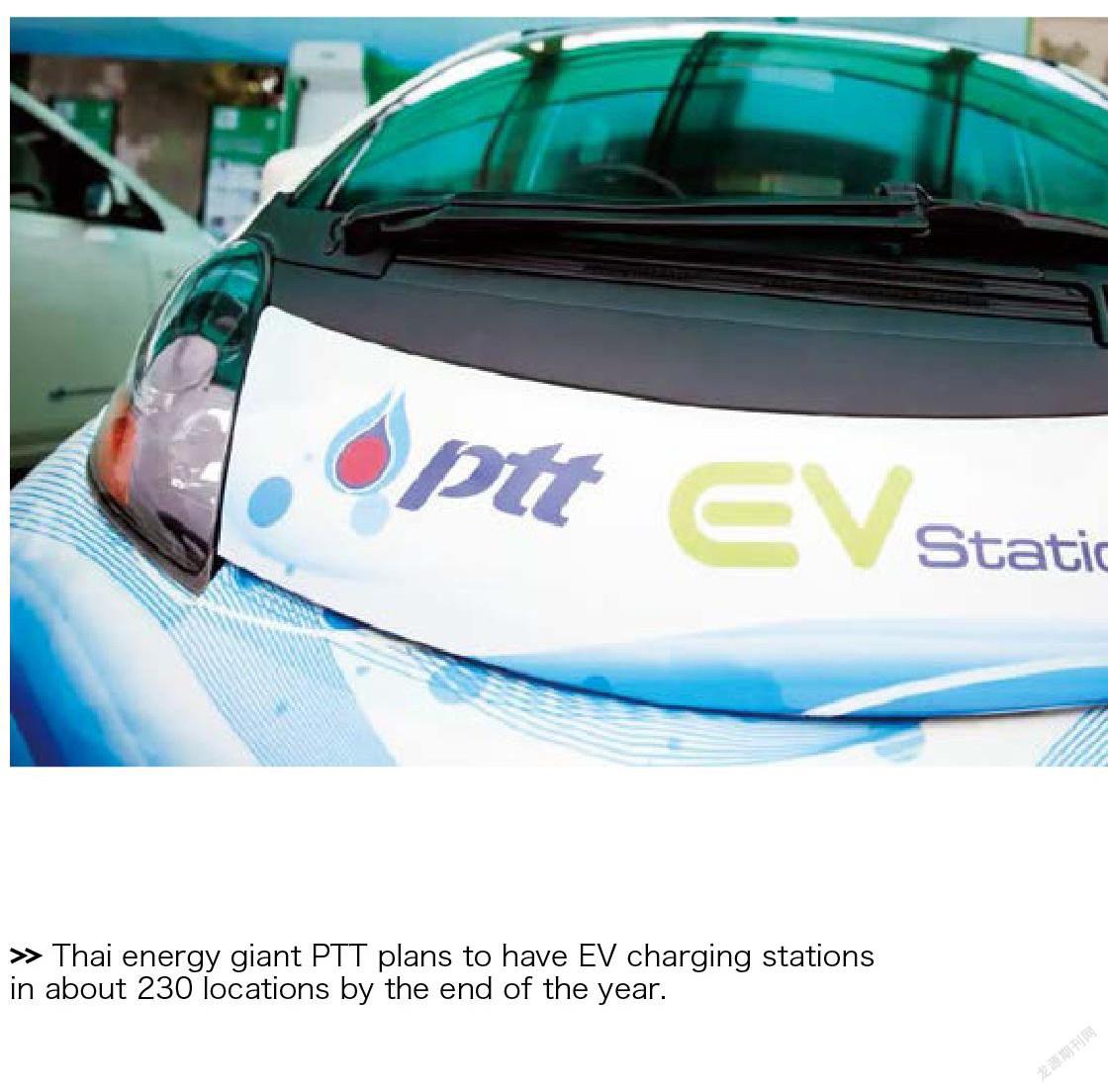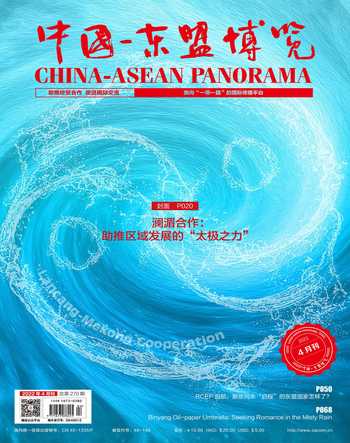Thailand Issues New Incentive Package for Electric Vehicle Industry
Nguyen Minh Hanh

In February 2022, Thailand released new government incentives for its electric vehicles (EV) industry as part of its ambitious plan to transform 50% of its total auto production to EVs by 2030 and become a production base for cleaner vehicles in Southeast Asia. The new incentive package includes significant exemption in import duty and excise tax for a wide range of EV models, not to mention previous subsidies announced in February.
The EV incentive package reflects ASEANs gradual investment into environmentally friendly transportation to align with the global shift to electric vehicles by major car manufacturers. According to a 2021 EV report, the total stock of ASEAN electric-powered vehicles reached 3.4 million in 2019 and is forecasted to rise amid improving economic development, growing population, and concern for the environment.
Within Southeast Asia, Thailand has consistently ranked first in terms of total auto production output, and 11th in the 2019 global ranking. The country annually manufactures 2 million internal combustion engine vehicles for major brands, such as Toyota, Honda, and Mitsubishi. In an attempt to preserve its leading reputation in the automotive industry, Thailand plans to attract 400 billion baht (US$ 12.08 billion) in investments over the coming years and support the production of 1.2 million EVs and 690 charging stations by 2036.
What is included in the incentive package?
The latest incentive package announced includes: A 40% reduction in import duty for completely built-up (CBU) of battery EVs priced up to 2 million baht (US$ 61,805) and a 20% reduction for those priced between 2 million (US$ 61,805) and 7 million baht (US$ 211,278) from 2022 to 2023; and excise tax cut from 8% to 2% for imported EVs, which is predicted to add 7,000 EVs in the first year.
The incentives will initially apply to some 27 model types of EVs comprising of eco-cars with 10 seats or less, electric pickups, hydrogen fuel cell-powered trucks, EVs with 10 seats or less, and plug-in four-door passenger pickups.
The package is a follow-up to earlier February subsidy programs to encourage EV production and purchases, which include: A 70,000 baht (US$ 2,111) subsidy is available per EV unit for passenger cars with 10 to 30 kWh battery capacity for completely knocked-down (CKD) and CBU units; A 150,000-baht (US$ 4,523) subsidy for each EV unit for passenger cars with more than 30kWh battery capacity for completely knocked-down (CKD) and CBU units; An 18,000-baht subsidy for electric motorcycles from eligible car producers between 2022-2023; Exemption of import duties on important electrical components: batteries, traction motors, compressors for battery EVs, battery management systems, drive control units, and reduction gear between 2022-2025.
The subsidy programs are funded by 3 billion baht (US$ 90.4 million) from the 2022 central budget and the longer-term 40-billion-baht (US$ 1.2 billion) investment in the EV industry between 2023-2025.
What are the challenges facing Thailands EV industry?
The country is keen to play a key part in becoming a hub for EV production, however, there are challenges facing manufacturers. These range from insufficient infrastructure to financial barriers.
Insufficient EV infrastructure
Insufficient EV infrastructure development is one barrier to Thailand developing a holistic EV manufacturing industry. According to the Bangkok Post, the country could take up to a decade to produce EVs effectively since existing supply chains are tailored towards manufacturing parts and bodies for vehicles with internal combustion engines (ICE).
There is also a lack of charging stations throughout Thailand, with only 1,000 or so public charging points compared to around 30,000 gas stations — there is also a lack of home charging stations. Further, many Thai consumers are concerned about EV performance barriers including reliability, battery lifespan, range, engine power, and charging time.
However, since early 2022, several private sector entities such as PTT Oil and Retail Business and Eppo are looking to invest in charging stations in the country.
Financial barriers
High purchase costs, battery costs, and resale value are also barriers for Thailands EV industry — compared to ICE vehicles, EVs are often more expensive due to the lack of an economy of scale. Moreover, a significant portion of the total EV costs is battery costs, and capacity increase with size, type, and range.
While other ASEAN countries, such as Indonesia and the Philippines, are important global sources of nickel, such deposits are not as large in Thailand, meaning there could be a potential material supply shortage to produce the lithium-ion batteries used in electric vehicles.
Another challenge lies in the governments targeted approach to focusing on BEVs in its EV policy. As was earlier mentioned, certain incentives, such as the latest reduction in import duties, only apply to BEVs. However, investors should be cautious despite the governments incentive package. In 2021, the number of new registrations for BEVs approximated 1,900 units, a significantly small fraction compared to the 38,600 newly registered hybrid electric vehicles (HEV)s and plug-in hybrid electric vehicles (PHEVs). Investors should also keep in mind the complexity of BEVs technology that in a relative infant EV industry is difficult to mass-produce in Thailand.
·Source: ASEAN Briefing
The article only represents the authors views, not the stand of the magazine
- 中國-東盟博覽(政經(jīng)版)的其它文章
- Binyang Oil-paper Umbrella: Seeking Romance in the Misty Rain
- Southeast Asia’s Internet Economy Bounces Back With Record Investments in E-commerce, Digital Financial Services
- RCEP Will Serve as a Key Engine of Trade and Economic Recovery for the Entire Region
- Tea Fragrance From Afar: From the Mountain to the Other Side of the Ocean
- Is RCEP Vital to The Philippines?
- Could Southeast Asia be the Next Stop of Guochao’s Expedition?

